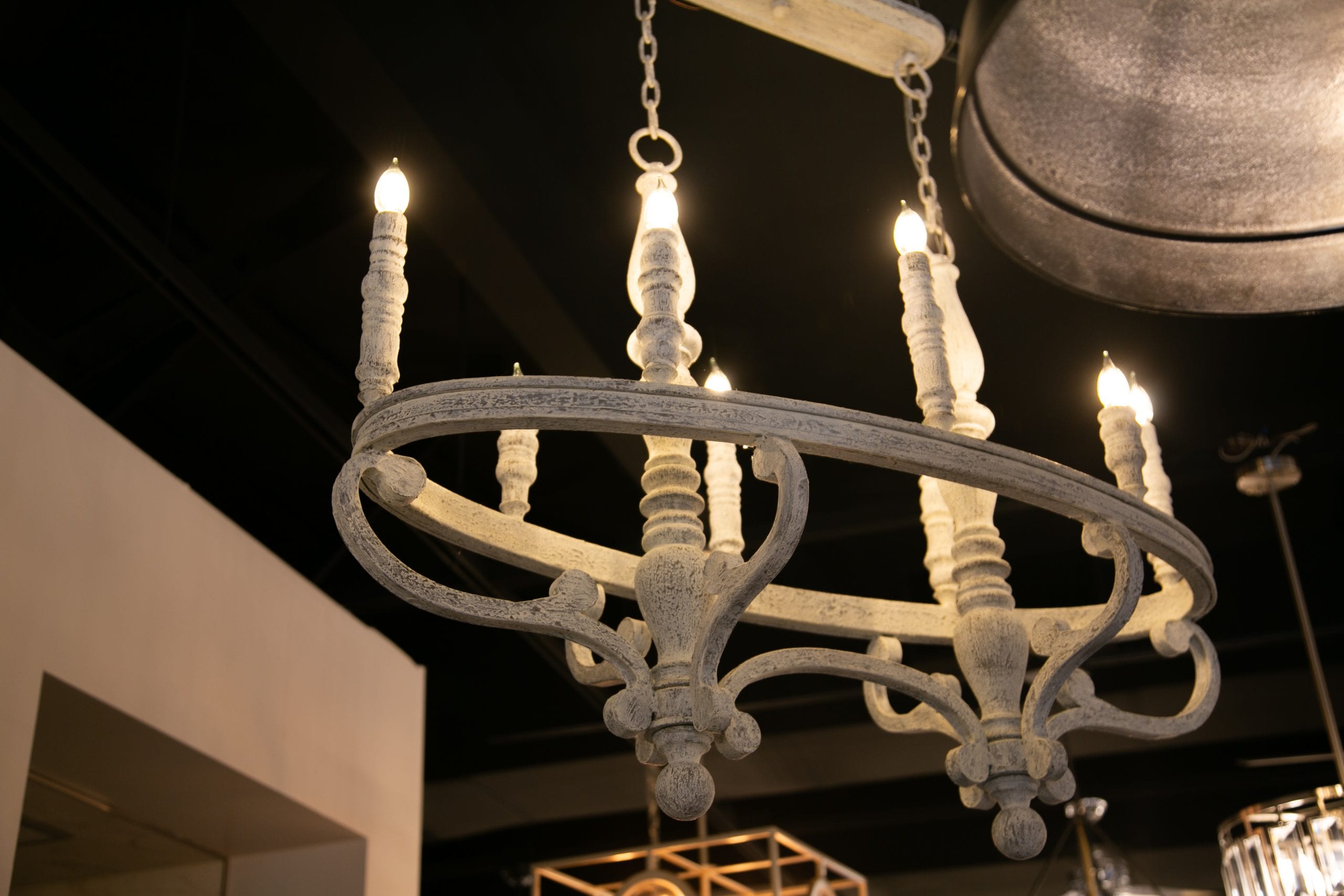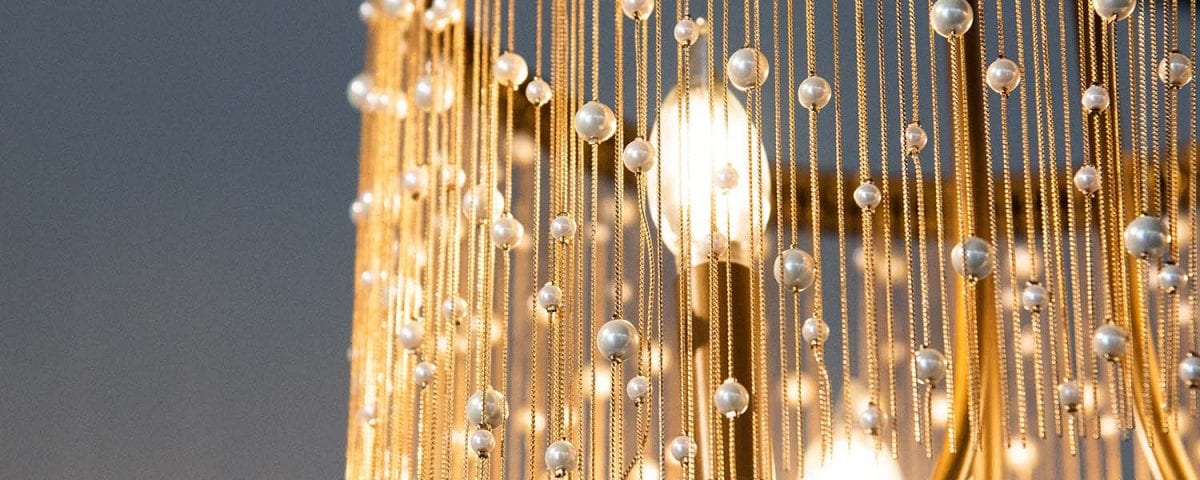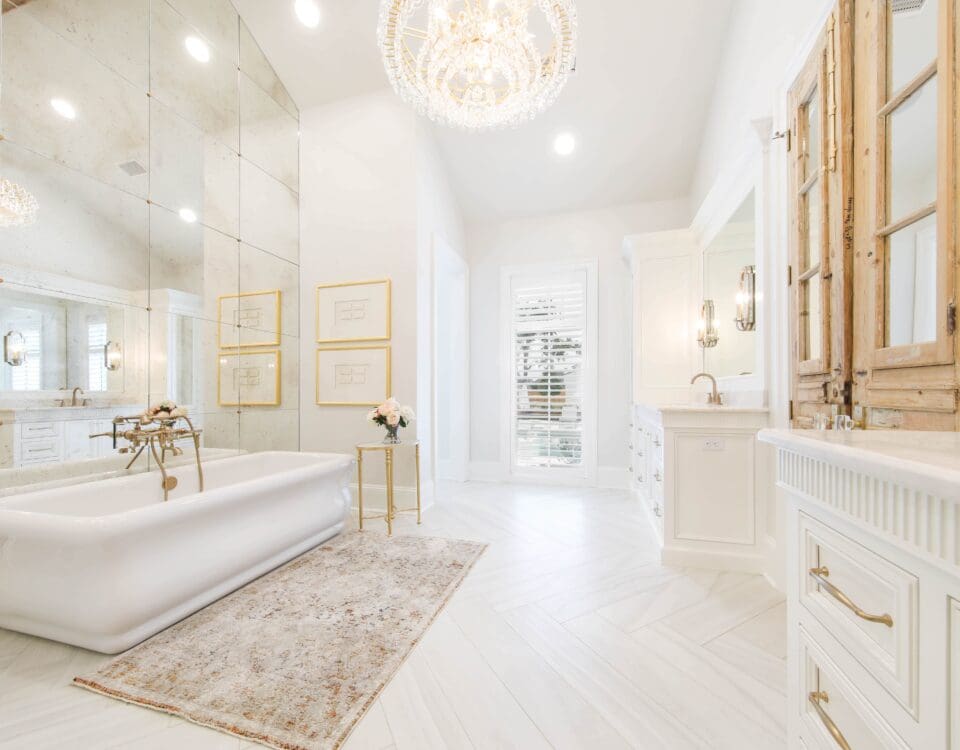
Farmhouse Lighting Ideas
May 12, 2020
Smart Appliances and Next-Gen Kitchens: A Go or a No?
May 22, 2020Black and white. Hot and cold. Yin and yang. The world thrives on and revolves around opposites. Without one, there is no other. One of those crucial pairings is light versus dark. With light comes awakening, knowledge, movement, and function. With the darkness comes rest, mystery, wonder, and dreams. This is why having the correct lighting can be so crucial, whether it be in your home or in your environment. It can make the difference between an open space and a seemingly cramped space. It can alter your physical and mental well-being. Lastly, it can change the world around in ways both minute and substantial ways. While both dark and light have a distinct purpose, the right form of lightning can make a huge difference!
The Effects of Light on Your Body and Mind
When it comes to our physical well-being, lighting may seem to blatantly make any huge difference. However, lighting affects the inner-most systems within our bodies. The more knowledge we have about these consequences, the better choices we can make in our homes and in our environment. One of the biggest natural effects that light has on our bodies is that it helps and guides or natural circadian rhythms. It tells us when to sleep and when to be alert. If that light or our schedule changes, so will that internal rhythm. Softer, more subtle lighting subconsciously acts upon our appetite, so we eat less food and at a slower pace. This, in turn, provides a boost in metabolism and overall health. Light, especially natural sunlight, provides us with a large dose of vitamin D. When we are consistently surrounded by poor or weak lighting, that can lead to vitamin D deficiencies. This can cause fatigue, bone and back pain, depression, and even hair loss in extreme situations. It can also cause eye strain, which is why libraries and schools have such bright lighting. They are hoping to counteract that effect. However, poor lighting has a negative impact on our immune systems. Too many artificial or LED lights can impact our sleep patterns in a negative way. When we are exposed to that light for too long, it can even cause insomnia. Choosing the right light levels for you home and/or being in the correct light for your body’s needs is critical to your physical functioning.
Lights can also affect our mental well-being and our daily mood. Being aware of these effects can give us the insight into our ideal homely setup and surroundings. Natural light has been known to bring about happiness and reduce depression. Brighter lighting, in general, induces heightened emotions and eagerness. On the other end of the spectrum, poor lighting can makes us feel sluggish and distracted. Darker lighting is meant to make us more relaxed and calm, as if getting prepared for sleep. However, in the wrong setting, this can be detrimental. Artificial and LED lights can make us nervous or anxious in the space we are in. Bringing in the correct lighting can not only change the feel of the room, but also, the feelings we have and experience.
The Effects of Light on the Environment
While light can affect each and every one of us internally, it also impacts the world and environment around us. Energy-efficient lighting uses less electricity and can reduce our power plant emissions, as well. Mercury, that can be found in some lamps, is very toxic to our natural environment. Light pollution is also a major contributor in the imbalance of predatory and prey behaviors. Some animals hunt more at night, while others during the day. If artificial lights are making that distinction difficult, their ecosystem is at risk. Their mating rituals are also disturbed, which, in turn, affects their reproduction cycles. In the sea, the brightness of city lights can throw off the plant life’s biological clocks, also throwing off their reproductive cycles. This directly affects our beautiful coral reefs and their ability to reproduce at a normal rate. Lastly, sea turtle hatchlings depend of the light of the moon to guide them to their home in the water. However, when that moonlight is confused with other artificial lights, it can cause them to wander in the wrong direction and sometimes not make it to their home.
The more proactive and knowledgeable we are, the more we can help our environment and ourselves. So, what steps can we take to reverse some of these adverse side-affects of lighting?
- Use more natural lighting in your home to bring peace and stress-free brightness into those spaces
- Keep our bedrooms darker than other rooms in our home
- Limit our screen time later in the evening to prepare ourselves for sleep
- Use more energy-efficient lighting, even with your outdoor light fixtures
- Engage in proactive measures to reduce the artificial lights at night
If you want more ideas on how you can use lighting to better your personal home environment or the bigger environment around all of us, visit Facets of Lafayette, your local lighting store, for great tips and tricks!



